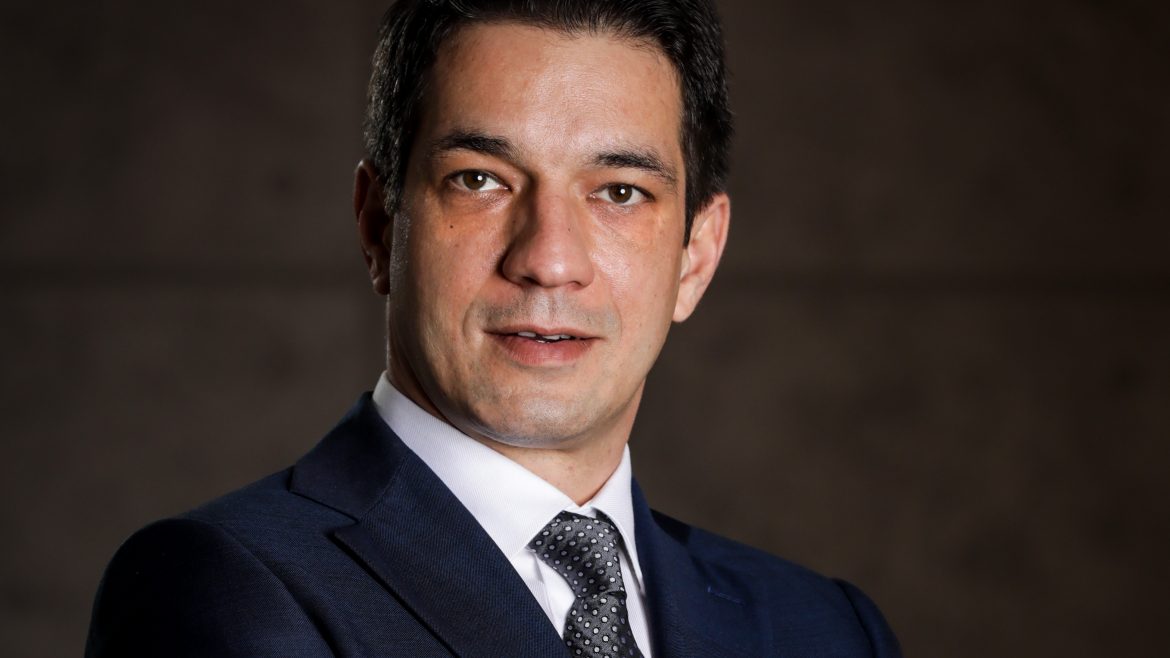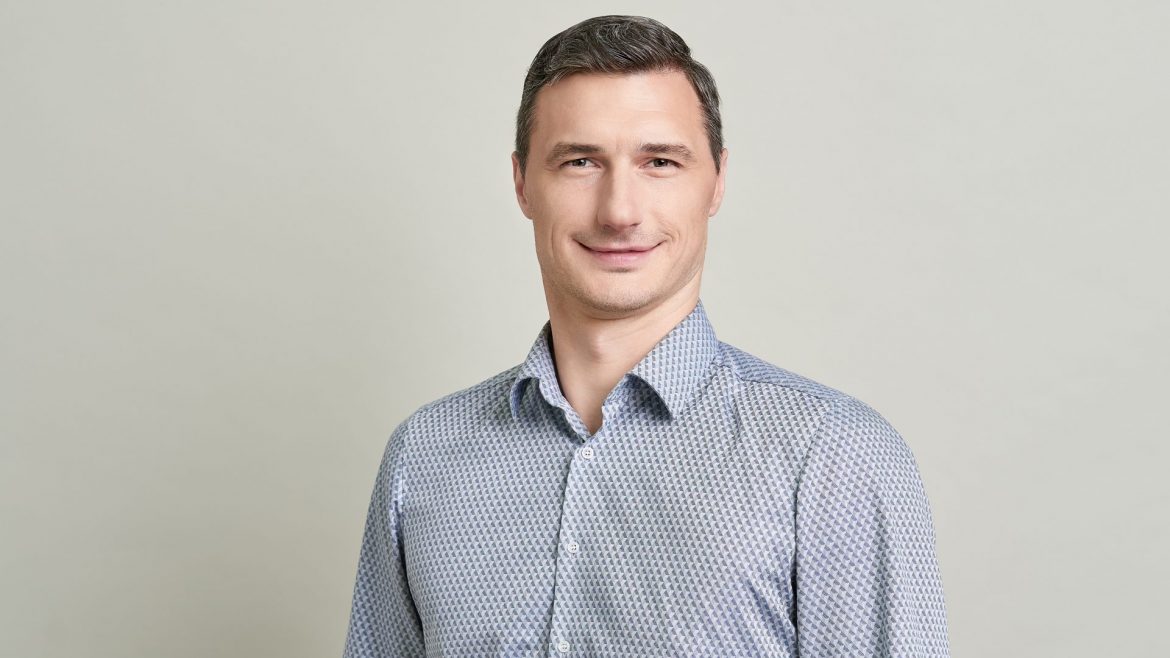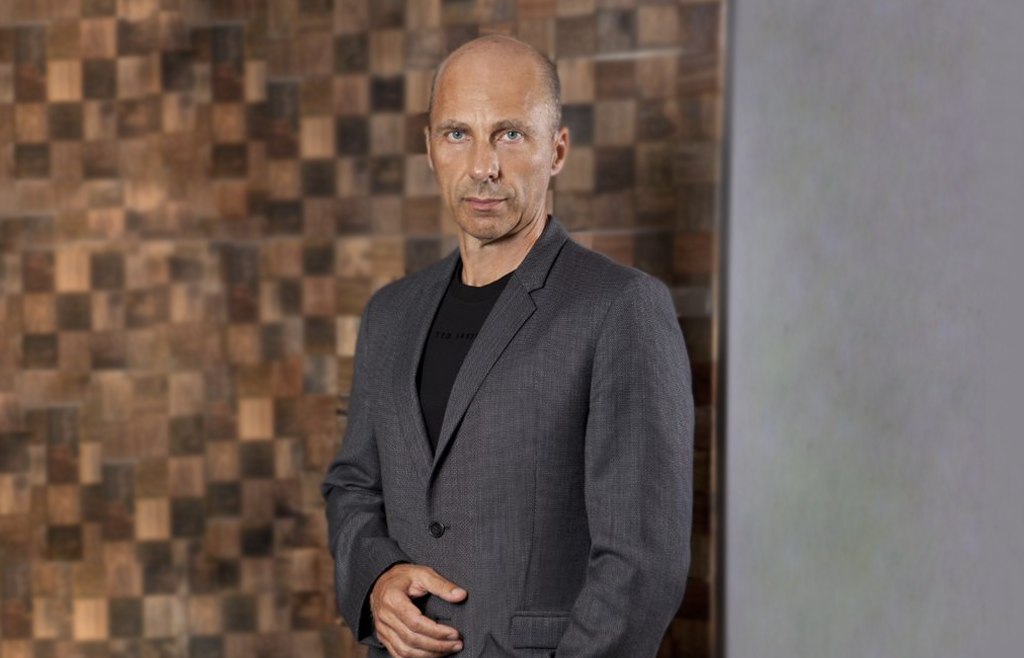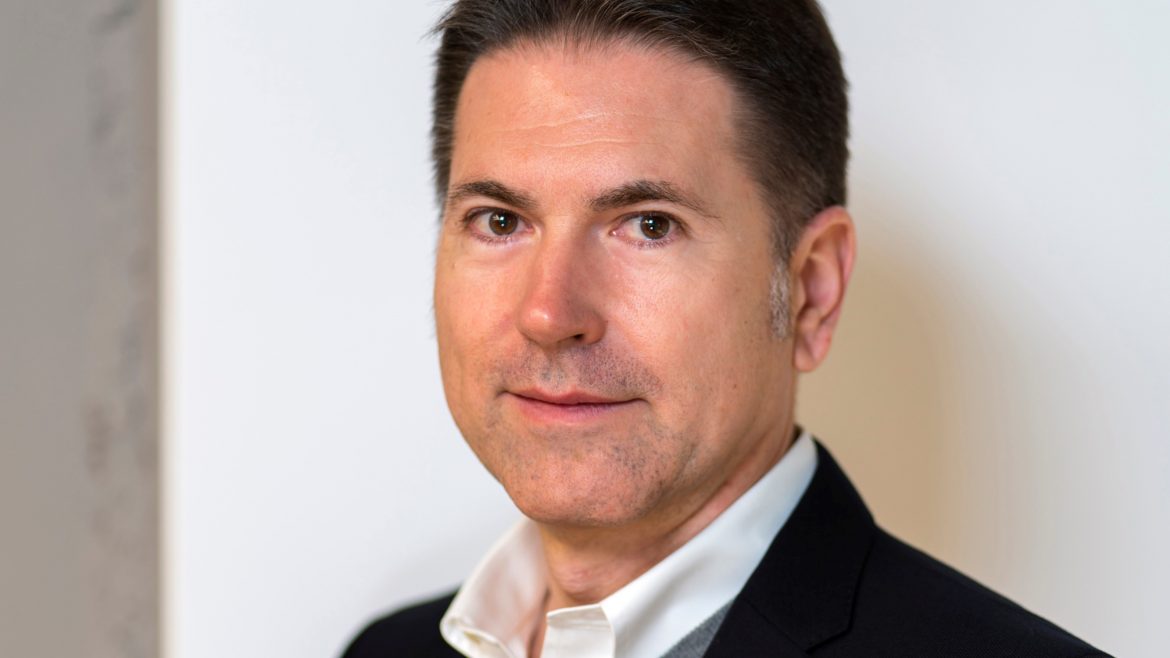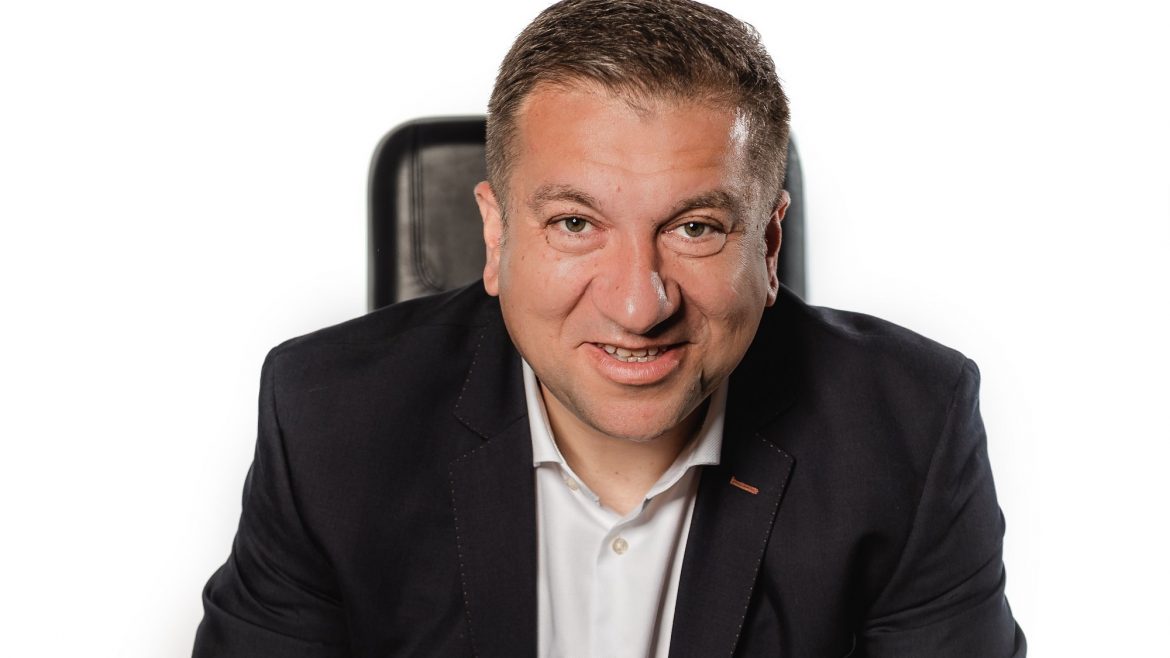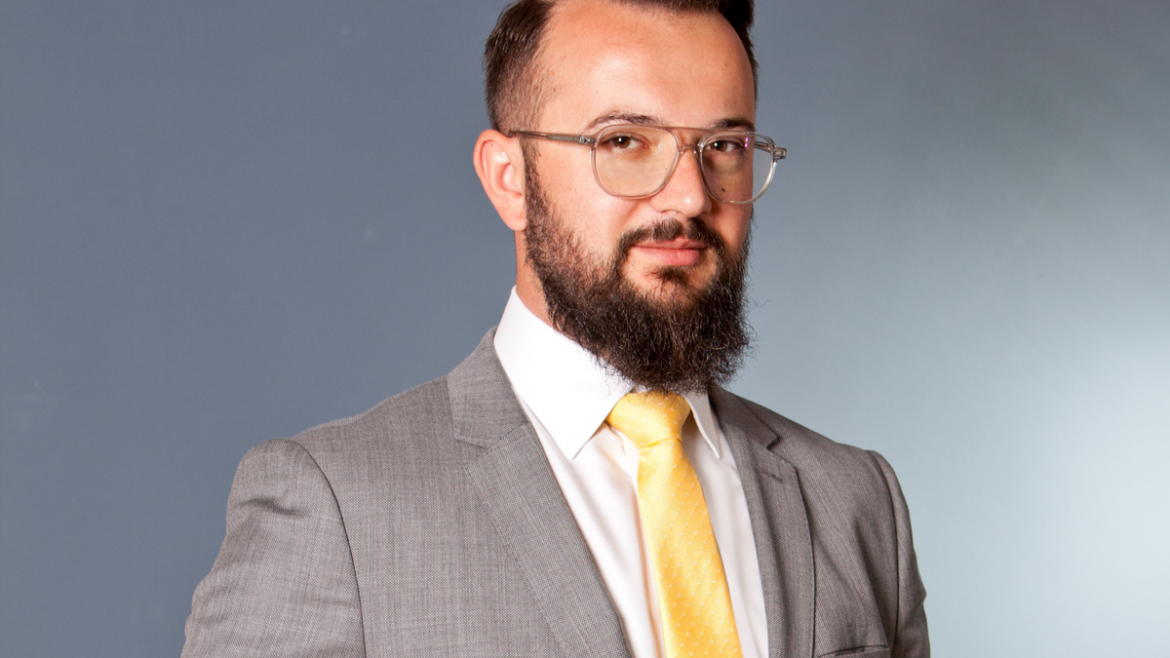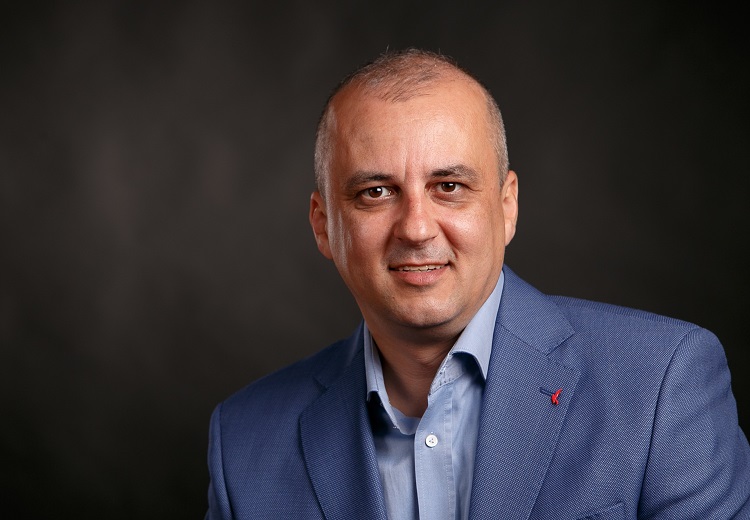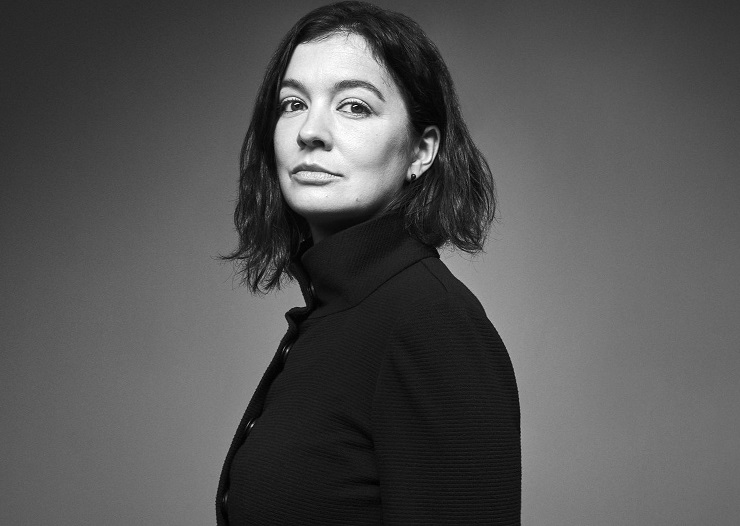COS – Corporate Office Solutions has a privileged position on the office segment, as leader on the office fit-out market. This position comes also with responsibility, as we always look at trends and try to anticipate what will be next in the post-pandemic world, says Christophe Weller the founder and owner of COS, the largest integrator of interior design solutions in Romania.
As key market player in this segment, COS hold significant competitive advantages in the post-pandemic world, says Christophe. “The 23 years` experience on the market (we are the first interiors integrator established in Romania and the market leader), the strong exclusive partnerships we have in Romania with strong brands as Steelcase and Interface and the complete integration of our services, which means we provide turnkey solutions to our clients (from workplace consultancy & design, to complete fit – out, project management of the projects and office furniture supply). Even from early stages of their office scouting process, we can work side-by-side with corporate tenants and make their lease and fit-out processes more efficient, which will be a great differentiator in the coming period.“
The business trajectory
In 2020, COS registered a 23 mil. EUR turnover, which is a great achievement considering the full lockdown period and the pandemic context, when the office lease activity decreased. Many of our customers took the “social distance” opportunity to design or redesign their office interiors, as most of their employees were working from home, which proved to be very efficient for them. In the unusual context of 2020, COS was contracted to fit out a total of about 58.800 sqm of office space, for which we provided concept design, complete fit out and consultancy during the project implementation, standard and/or custom-made furniture, flooring solutions.
We also sign several stand-out projects from outside of the office segment, among which Radisson Blu Hotel Bucharest and Marie Curie Hospital extension by Daruieste Viata NGO.
For 2021 and the next years, we aim to consolidate our portfolio of clients, continue to organically increase our business, and remain the turnkey partner of choice for clients aiming for contemporary, qualitative, innovative, healthy, and smart interior spaces and management of new projects in order to keep up with new challenges and opportunities.
Trends
The increased focus on health, safety and wellbeing will have a major influence on the way we think interiors. Innovation, digitalization and expanding the line of products and design solutions for our clients are our responses to the new market challenges.
Healthy and safe interiors are a key market trend, while the integration of technology and smart features into the way we design interiors will also gain more and more ground in the coming years. We are also experiencing a more and more demanding generation of corporate clients and companies that bring added value to their customers will be the winners.
Opportunities
We already hold a portfolio of high-profile projects from other market sectors, among which HoReCa (Radisson Blu Hotel Bucharest), healthcare (#NoiFacemUnSpital initiative – the first Pediatric Oncology, Radiotherapy & Trauma Hospital in Romania will have COS interiors) or education (Deutsche Schule Bukarest, Lycee Francais Anna de Noailles).
The market as we see it is full of opportunities, especially in what regards the counterbalance of private service as response to the lack of quality in the public system, such as the education system for example.
The space occupier is the ultimate beneficiary of an interior space and with the change of generations in Romania the occupiers will demand better quality in all segments – and we are here to provide. Based on our leadership and extensive experience on the office segment, we will keep developing our reach and solutions for all segments upholding opportunities in the next period.
—–
In over 23 years of activity, COS has successfully implemented projects for more than 2.000 companies in Romania, several of our most representative projects being Accenture, Microsoft, Secom, Schlumberger, NTT, Porsche Engineering Cluj, Google, Nestle, Reckitt Benckiser, MHP Cluj, Sector Labs Cluj, Record Park Cluj, Cognizant Cluj, Riverbed Technology Cluj, Takeaway Bucharest.
Christophe Weller founded COS in 2007 together with 3 partners, after being a furniture Salesman of the Steelcase dealer in Saudi Arabia for 4 years and the Sales Director of the Steelcase dealer in Moscow for 2 years. He was 29 years old, knew nothing about Romania and it was the first time he entered entrepreneurship.
COS started with 5 employees and an office based in a 60 sqm apartment. The first money he invested came from a $ 200.000 loan, the only loan ever made by Christophe for his company. The 5 employees are still in the company, apart from one who retired.
At present, COS has a 23 mil. EUR turnover, almost 100 employees and signs contemporary fit –out projects for more than 2.000 office spaces, as well as premiere projects in the Medical, HoReCa and Educational sectors.






